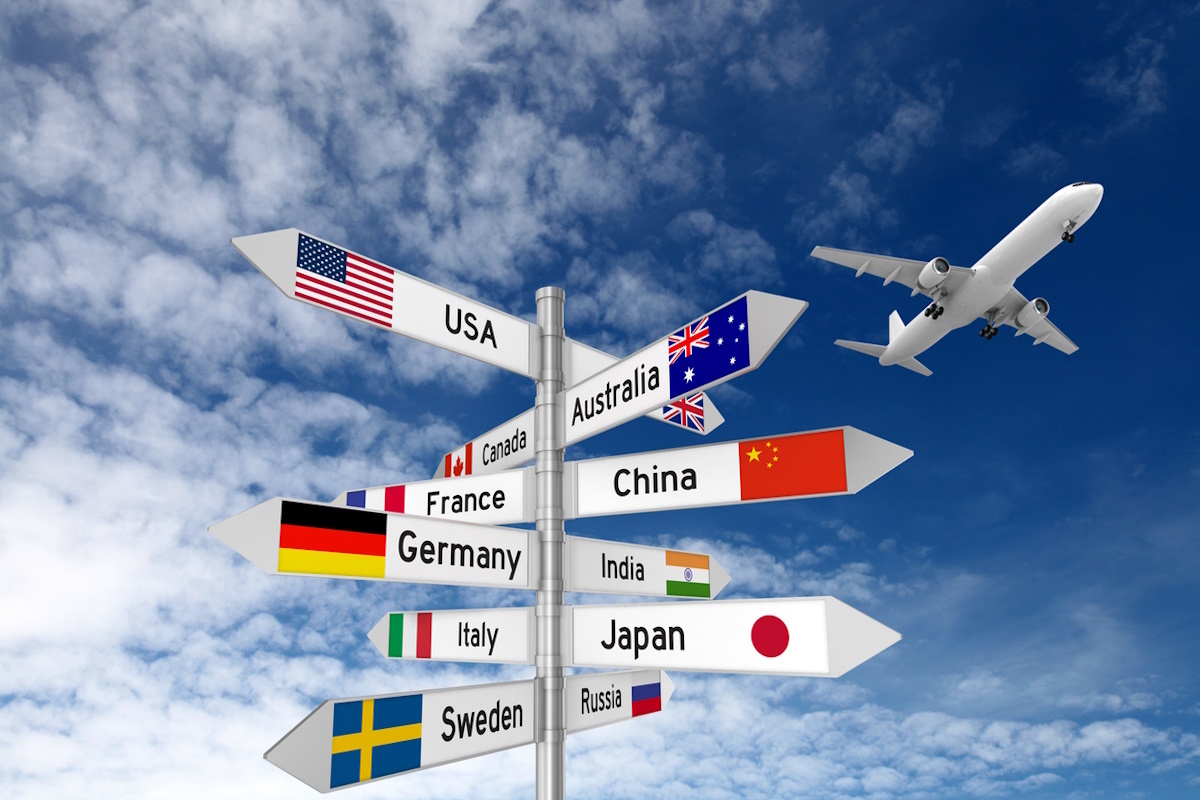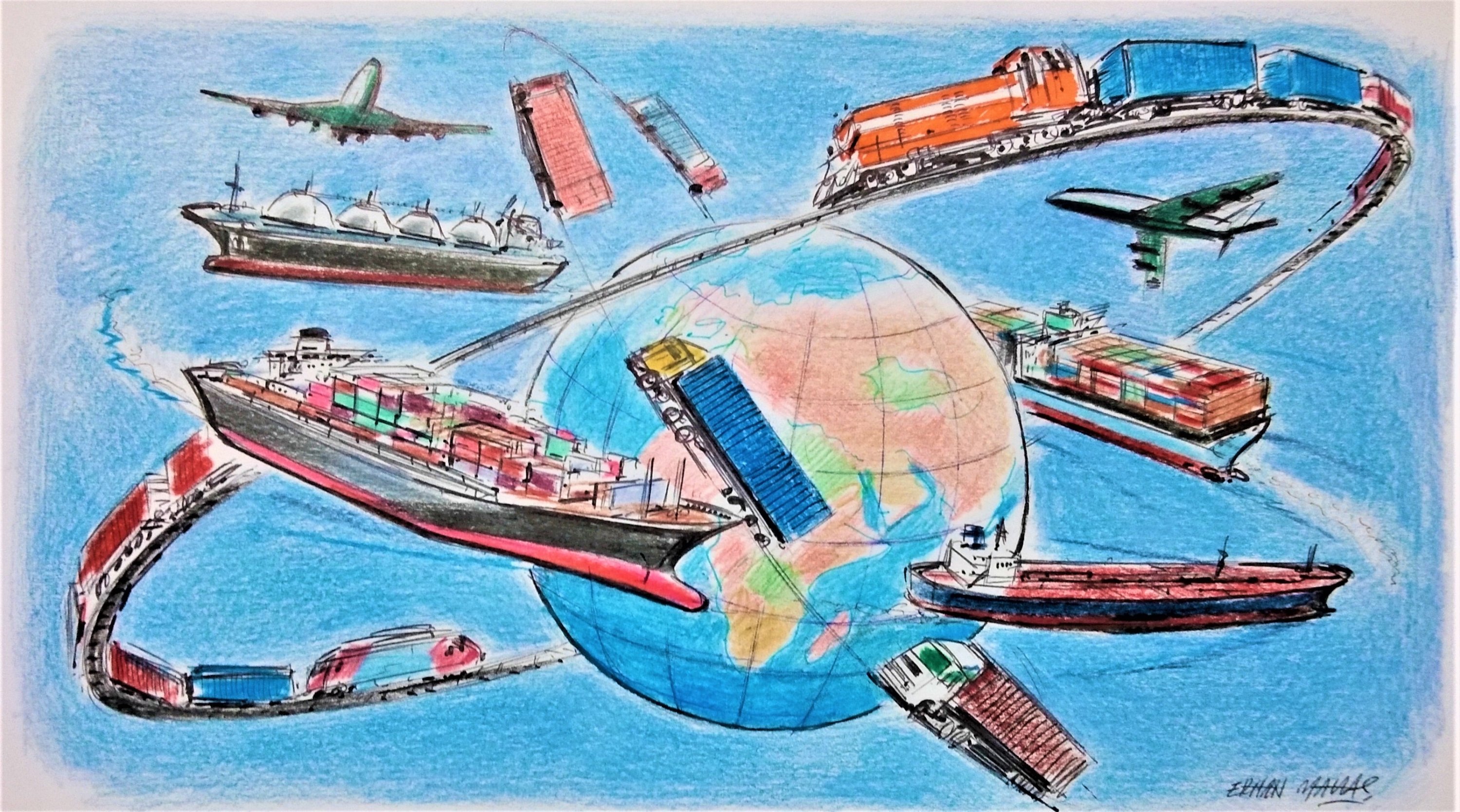G-20 Agrees to Action Plan on Boosting Global Trade 2023

G-20 Agrees to Action Plan on Boosting Global Trade 2023
The G-20 trade and investment ministers approved an action plan on Friday that calls for digitising trade papers, expanding the export participation of smaller firms, and mapping global value networks.

All attendees accepted the Outcome Document and Chair Summary that were released at the conclusion of the two-day conference. However, the release of a united communiqué was thwarted by divergent perspectives and analyses of the Russia-Ukraine scenario.
Piyush Goyal, minister of business and industry, stated during a media conference that “we are working towards understanding where the problems in global value chains (GVCs) are and what needs to be done.”
The ‘G-20 Generic Framework for Mapping GVCs’ was approved by the G20 members as being optional and non-binding. The conclusion statement said that the framework should be built on gathering timely, high-quality sector-level data as well as freely submitted firm-level data.
Data management, analysis, and market and supplier concentration are all handled by it. It solves issues with trading volume and value volatility. Additionally, it examines the demands of the industry or the upstream and downstream markets. It looks at connection as well as the importance of a smooth flow of commodities along the value chain, according to Goyal.

The mapping also aims to integrate emerging and least developed nations into these chains, strengthening GVCs by detecting weaknesses and diversifying them.
The Jaipur Call of Action recommended measures to close the information gap on trade and market-related difficulties MSMEs confront in order to include them in international commerce.
The G20 trade ministers concurred that an improvement is necessary for the international trade helpdesk set up by the International Trade Centre (ITC). They also chose to advise the ITC to develop a thorough action plan.
G20 members were asked to give connections to relevant websites for MSMEs or trade-related information pertinent for MSMEs available on a single portal or non-exhaustive list of links to such websites.
The G-20 decided to digitise trade documentation in order to lower the cost of trade because paper paperwork is error-prone, time-consuming, and expensive.
The G20 reiterated its commitment to holding negotiations on the WTO reform in order to have a fully operational dispute resolution mechanism available to all members by 2024.

Since the end of 2019, the WTO’s dispute resolution process has not been completely operational because to the US’s refusal to consent to the nomination of members to the appellate body, which has resulted in a backlog of cases.
The final agreement said that “we will continue to work constructively to ensure positive outcomes, including a WTO reform,” at the WTO’s 13th ministerial conference (MC).
The Group of Twenty (G-20), an international forum that brings together the world’s largest economies, recently agreed to a groundbreaking action plan aimed at enhancing global trade.
This decision comes at a critical time when many economies are facing challenges due to geopolitical tensions, market uncertainties, and the lingering impacts of the COVID-19 pandemic. Here, we delve into the key features of this action plan, its implications for the global economy, and the possible hurdles in its implementation.
The need for a unified action plan has been increasingly clear. Trade has been beset by numerous issues, including protectionism, trade wars, and supply chain disruptions. The pandemic added fuel to the fire, causing massive unemployment and business closures. Thus, there was an urgency for G-20 nations to come together to pave the way for economic recovery and long-term sustainable growth.

One of the most striking features of this action plan is the commitment to reduce tariffs, especially on essential goods and services. This move is anticipated to lower the costs for consumers and businesses, thereby stimulating demand and increasing the volume of international trade.
Given the recent disruptions in global supply chains, the action plan emphasizes creating more resilient, transparent, and sustainable supply chains. Initiatives may include joint investments in infrastructure and the diversification of supply sources.
The plan acknowledges the rising importance of digital trade and aims to create a harmonized e-commerce environment. This includes facilitating cross-border data flows and simplifying customs procedures for digital goods.
Importantly, the G-20 nations have committed to ensuring that trade policies align with climate goals. This could mean incentivizing the trade of sustainable goods and penalizing those that are environmentally damaging.

Improving the World Trade Organization’s (WTO) dispute settlement system is another key facet of the action plan. The objective is to create a more efficient and fair system for resolving trade disputes among nations.
The action plan is a significant step toward accelerating post-pandemic economic recovery. By facilitating trade, the plan aims to boost economic output, create jobs, and lift people out of poverty.
The cooperative framework may alleviate some geopolitical tensions by promoting dialogue and coordination among major economies. This is particularly crucial in an era when issues like technology competition and intellectual property rights have strained international relations.

By incorporating climate change into trade policies, the G-20 has the potential to drive considerable progress toward global sustainability targets.
One of the major challenges will be balancing international commitments with domestic priorities. Trade liberalization often faces political resistance due to concerns about local industries and jobs.
The effectiveness of the plan will depend on robust enforcement mechanisms. In the absence of stringent measures, nations may fail to adhere to their commitments.

While the G-20 represents the world’s largest economies, it’s crucial not to overlook the interests of developing nations. Critics argue that the plan may disproportionately favor the major economies at the expense of smaller ones.
The G-20’s action plan on boosting global trade is a monumental endeavor that aims to not only facilitate economic recovery but also pave the way for a more sustainable and equitable global trade system.
However, its success will depend on the commitment and cooperation of member nations in implementing these ambitious goals. As the world watches, the G-20 has a unique opportunity to redefine the future of international trade.




